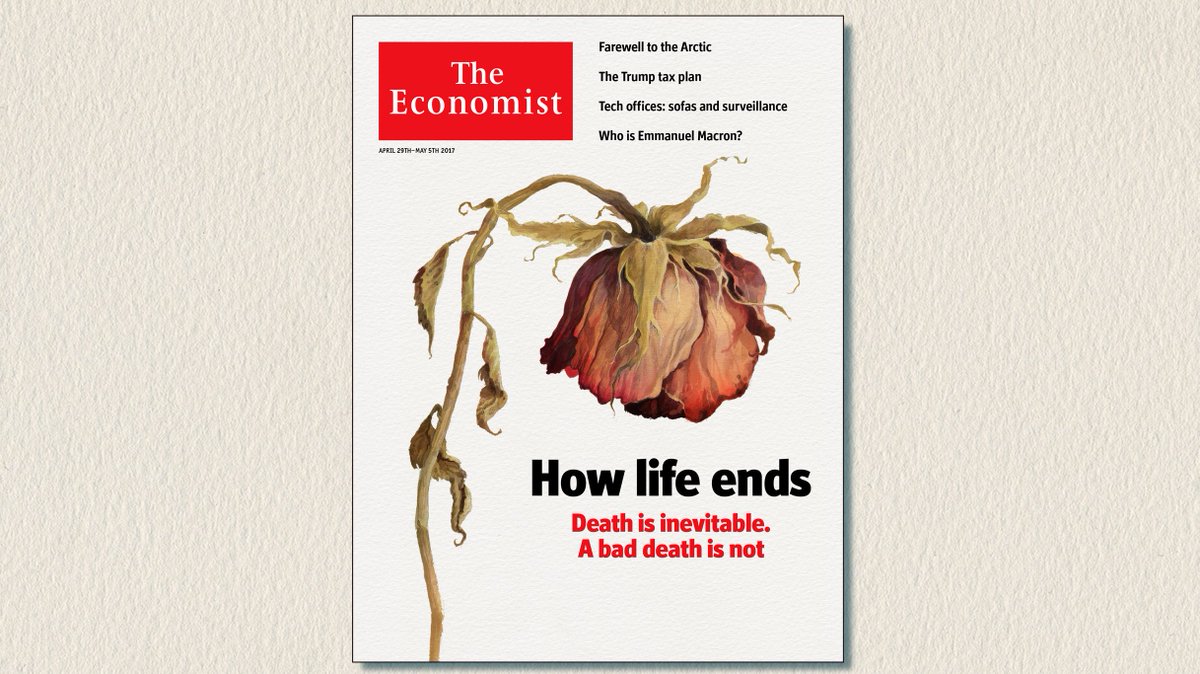Back in March 2010--yes, more than seven years ago--I blogged about 350 ppm of CO2 in the atmosphere. In only seven years, that goal has become even more a remote idea than it was even then.
The Scientific American reported ten days ago that we breached the 410 ppm threshold!
The Scientific American reported ten days ago that we breached the 410 ppm threshold!
In what’s become a spring tradition like Passover and Easter, carbon dioxide has set a record high each year since measurements began. It stood at 280 ppm when record keeping began at Mauna Loa in 1958. In 2013, it passed 400 ppm. Just four years later, the 400 ppm mark is no longer a novelty. It’s the norm.In 1958, it was only at 280 ppm Think about that for a minute.
The article ends with this:
Right now we’re on track to create a climate unseen in 50 million years by mid-century.Keep in mind that our species was not around 50 million years ago. So, yes, what happened? It was the Eocene:
a period when the world was completely different than the present due to extreme heat and oceans that covered a wide swath of currently dry land.For all we know, we seem to be headed towards "little-to-no permanent ice."
“The early Eocene was much warmer than today: global mean surface temperature was at least 10°C (18°F) warmer than today,” Dana Royer, a paleoclimate researcher at Wesleyan University who co-authored the new research, said. “There was little-to-no permanent ice. Palms and crocodiles inhabited the Canadian Arctic.”
The Arctic is warming more than twice as fast as the rest of the planet, suggests a huge assessment of the region. The warming is hastening the melting of Arctic ice and boosting sea-level rise.Imagine that! The more worrisome aspect is that what happens at the Arctic does not merely stay at the Arctic. The Economist writes that we should be afraid. Very afraid.
The right response is fear. The Arctic is not merely a bellwether of matters climatic, but an actor in them (see Briefing).So?
The hard truth, however, is that the Arctic as it is known today is almost certainly gone. Efforts to mitigate global warming by cutting emissions remain essential. But the state of the Arctic shows that humans cannot simply undo climate change. They will have to adapt to it.While all this is happening, the New York Times hires a columnist who writes as if his employer is not the newspaper but Exxon. My old classmate in India wants me to cancel my subscription to the Times.
My subversive activism has failed, and failed miserably, to convey the urgency of this problem to the denialists like some of the readers in the past. My newspaper columns on climate change did not do shit. My fellow citizens proudly elected a guy who claims that global warming and climate change are a hoax created by the Chinese, and his party elders bring snowballs to the Senate chambers as evidence that there is no climate change.
I know fully well that I cannot do a damn thing here. Which is why, more to commiserate than with any hope of achieving anything, did I participate in a march last Saturday. Ironically enough, while the march was about the future, a good chunk of the young men and women in college--the intended beneficiaries--were partying in the streets, on the porches, in the apartments, and in bars, because it was the spring scrimmage, and they could not be bothered with joining the march. Football beats climate change!





